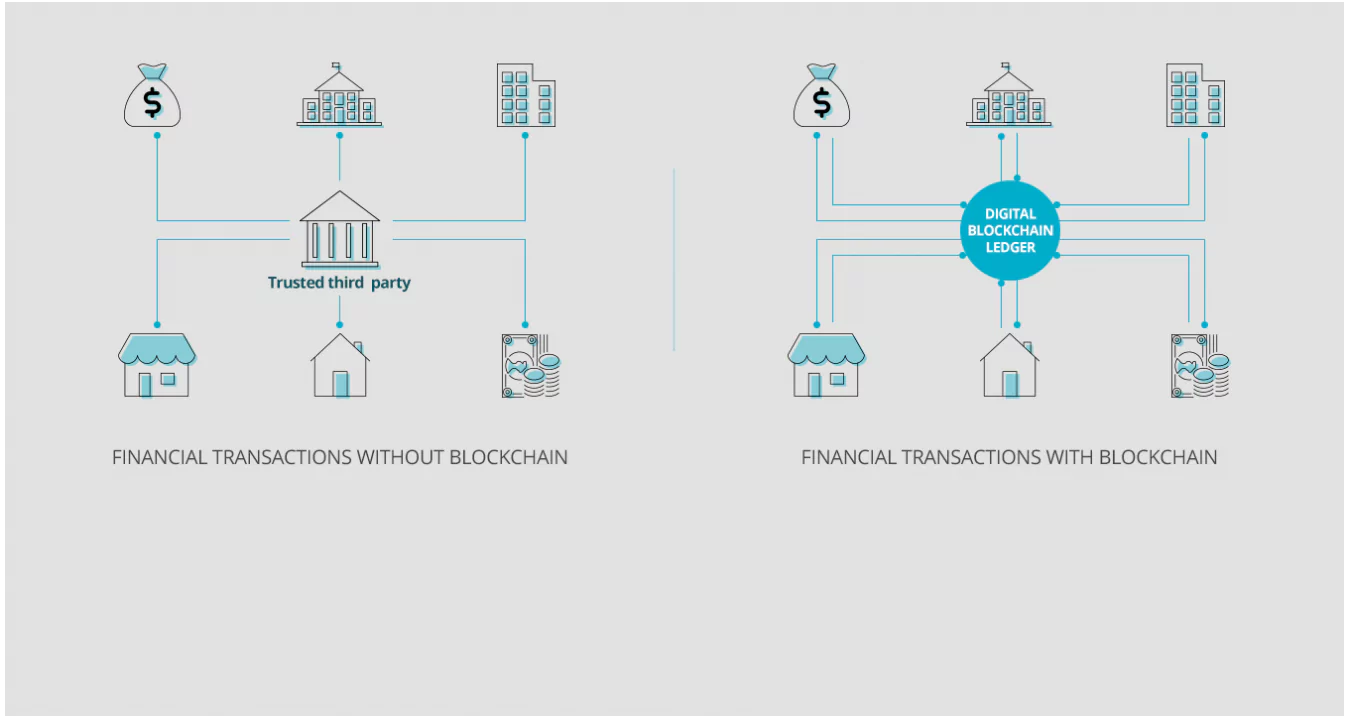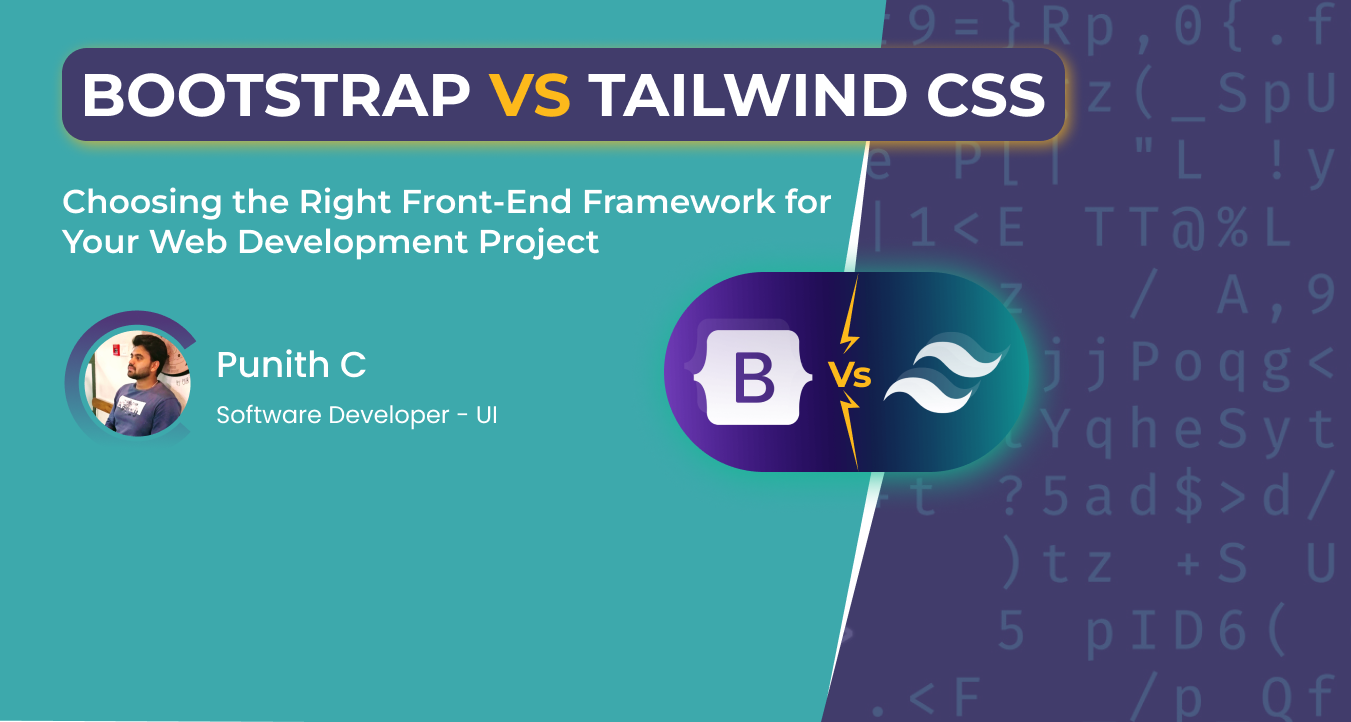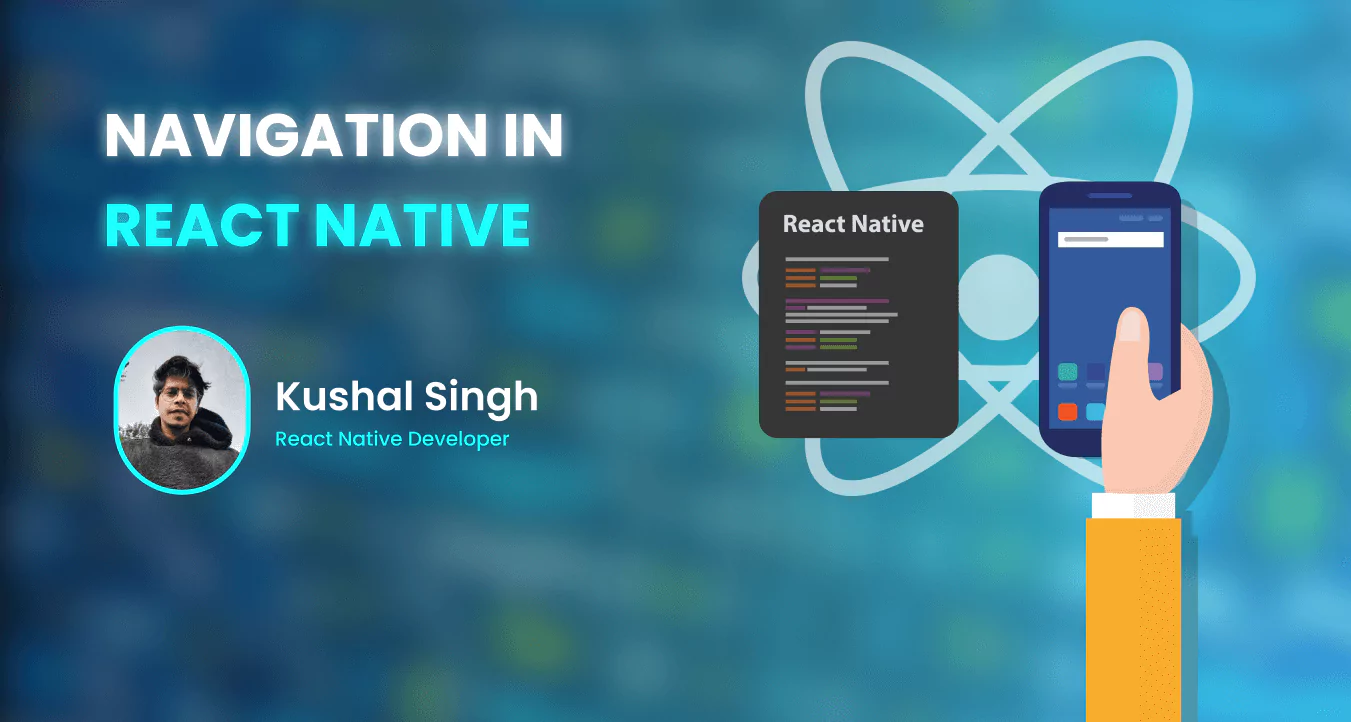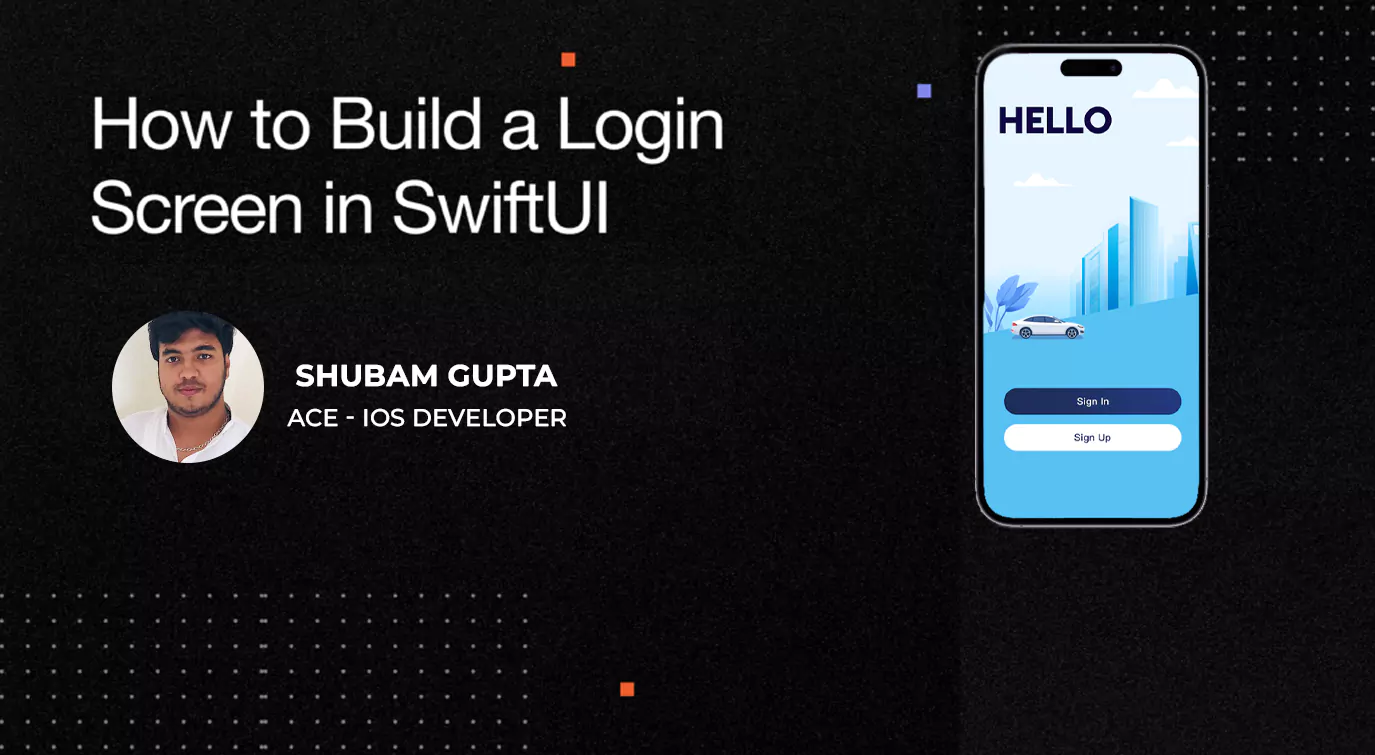Let’s travel back in time and remember the way financial transactions were made. The traditional baniya and muneem would have a small room where people would visit him and request money and place a collateral in his custody. The payer had all the control because he had the money and to surpass all, a huge ledger with thumbprints of the poor. Later the transaction would be mended and the payer would become the owner of the payee’s property placed in as collateral. Gone are those days and gone are the crooked methods of transaction. This is the era of Blockchain.
In a perfect financial world, there would be no corruption, no fraud and no currency knockoffs (counterfeit) and that world is being pushed closer by blockchain. Technology enthusiasts expect to see great advancements in blockchain as it is being developed for data storage, publishing text and even for identifying origins of digital art-work. The importance of blockchain lies in the fact that it allows data to be distributed in its authentic form but prevents it from being copied by keeping track of wherever it has been. It’s like a trail on sand. Unlike traditional information flow, the information on blockchain is not stored in one place and is truly public and hardly possible to corrupt owing to the inexistence of a central control point.
Financial benefits from the evolution of blockchain are-
-
Third Parties- Use of blockchain shall do away with the need for trusted third parties like banks, thus rendering the expenses endured from them obsolete.
-
Counterfeit currency- It is possible to have fake currency in print but when every transaction has a valid digital footprint in a protected database, producing and circulating fake currency will not be possible that way.
-
Protection & Cost reduction - Blockchain protects the transactions and hence, also the transaction details in encryptions. This makes transactions such as Bitcoin, more secure.
-
Governance and Charity- The way organizations use the money of the masses is often questioned and doubted. Using blockchain, it will become possible for them to track the money that is put in and whether their valuable trust is protected or misplaced.
In one of the most important and widely quoted use case of blockchain, IBM’s technology financer, largest in the world, IBM Global Financing (IGF) has successfully integrated blockchain for building ledgers that they can easily check, as can their partners and Suppliers. Doing this, they has decreased the time spent in making transactions and completing competition by a hefty 75%. Everything that was once just an experiment does one day evolve into a ground-breaking development and with blockchain, it’s not just about bank-to-bank transfers but any form of transaction. In case of IGF-
-
It has reduced time taken for dispute management, verifying transactions, finding information, quicker settlements and deliveries.
-
Overhead costs have been reduced by elimination of intermediaries and automation.
-
Reduced the risks related to tempering, wrong entries and accidental release of information.
-
Solves the space, expense and time needs connected with physical ledgers for finances.
As ISRO has made history with its launch of 104 satellites at once, IT technologies like blockchain are also making major debuts in India. At the forefront of tech providers who are working on bringing it to this land, is Appiness. With our record as a quality provider of new and innovative technology, we offer services like Infrastructure and base protocol (Etherium & Hyperledger), payment solutions (Bitcoin & Wallets), Blockchain Middleware & Services and other applications & solutions. Our experts offer to work on Blockchain for financial services, healthcare, Legal, education, supply chain and enterprises. If you are one of those innovative minds who want to explore this novel technology and build something groundbreaking, reach out to the blockchain experts at Appiness Interactive.
Blockchain saw primary application in Bitcoin which started being used as valid currency for many transactions and were even sold and bought for millions in real time, physical money. Today, with over 700 similar currency forms and development of functionalities called wallets, blockchain have proven the potential they have.











